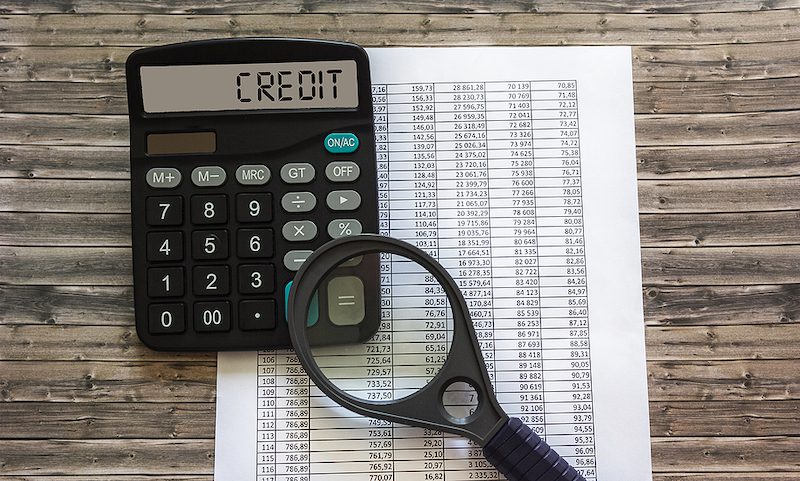Will defaulting on credit cards do more damage to your credit than settling debt?
Which has the worst effect on a consumer's credit report, settling debt for less, or defaulting on payments? How long do each of these actions stay on a person's credit report?
How long will my credit be hurt from defaulting and settling credit cards?
—th
The above credit report and credit card debt settlement question was submitted today via email. The question is one of the more frequent we receive. I am happy to answer this type of question, but I am not certain I am interpreting it correctly. Given how I read the question, my response is going to be generalized.
Defaulting on a credit card leads to 30, 60, 90, 120, 150 and 180 day late pay notations on your credit report.
Were you to bring the account current or “re-age” the account prior to it being charged off, the damage to your credit report and score will still occur, but will not be as damaging were the account to be charged off or reach 7 zero billing cycles.
Were the account to remain unpaid after charge off, and no further negative reporting were to occur, such as a collection agency reporting, or a lawsuit filed and judgment entered against you (judgment would create further damage to your credit as it would appear in the public record section of your credit report) the negative trade line (defaulted account) would remain on your credit report for 7.5 years from the date you last made a payment.
Limit damage to your credit by settling credit card debt with your original creditor prior to charge off.
If this is not a realistic option due to limited resources to fund a settlement offer, settlement can, and most often does, occur after charge off. The sooner an account is settled the sooner you can eliminate collection agency efforts and the very real risk that you can be sued on the unpaid account. The sooner the account is settled, the quicker you can begin to distance yourself from the negative credit event that occurred by missing payments, and therefore, the sooner you can begin to rebuild and recover your credit report. Settling a credit card debt, in almost all circumstances, requires you to have missed payments. The late payments stay on your report for 7.5 years from the date you missed your first payment similar to the default example above.
Default in payment where you never settle, and settling a debt for less than full balance damage your credit.
For some, the damage to your credit, given enough time, will be equal. For others with more credit history, credit depth and credit diversity, settling accounts has shown to accelerate the credit report recovery.
I hope this answered your question. I would highly recommend you read Debt Settlement vs. Credit Report for some critical details about debt relief and credit scoring as well as how long any method to resolve debt, other than paying on time – all the time, will hold you back from access to future credit products.
I would also recommend reading Debt Settlement – Why Banks Do It – How It Works to get a firm grip on the concept of settling credit card debts with your bank.
You are more than welcome to call the toll free line to schedule a consult with a CRN specialist at: 800-939-8357 ext. 3
All readers are invited to continue the discussion of credit report impacts from debt relief and payment default in the comments below.

Leave a Reply